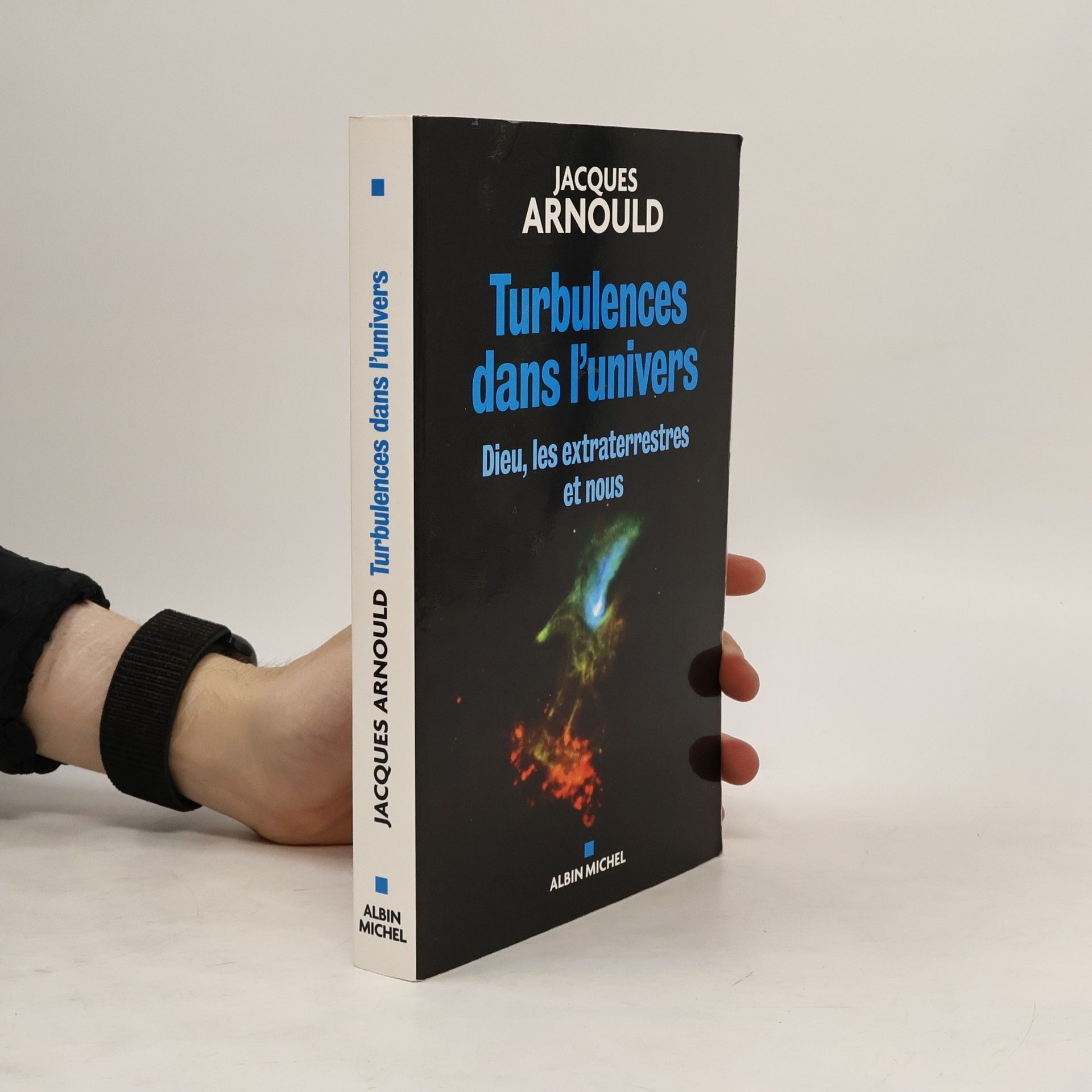Dans la physique contemporaine, il est fréquemment arrivé (que ce soit avec Einstein pour la relativité, ou avec "le chat de Schrödinger" pour la mécanique quantique) que les scientifiques présentent leurs problématiques sous la forme d'une "expérience de pensée". C'est à une telle expérience que nous invite Jacques Arnould : supposons qu'à force d'explorer les exoplanètes on finisse par avoir demain la preuve que la vie, et même des êtres sensibles, existent ailleurs que sur la Terre. Qu'en serait-il alors de nos religions ? Comment relire la Bible (et notamment le livre de la Genèse) ? Comment reconsidérer les rapports entre Dieu et l'humanité ? Et pour le christianisme, comment repenser l'Incarnation, qui (jusqu'à présent) est censée avoir eu lieu dans notre Histoire, dans un tout petit peuple occupant une part infime de notre planète ? Avec le talent pédagogique qui a fait le succès de ses autres livres, Jacques Arnould retrace l'histoire de cette problématique (car à vrai dire, elle ne date pas d'aujourd'hui, de tous temps les hommes se sont posé la question d'autres mondes habités, y compris dans la théologie médiévale). Il nous introduit ensuite dans les arcanes d'une théologie élargie aux dimensions immenses de la cosmologie actuelle, en s'appuyant sur les perspectives lancées par Teilhard de Chardin. Et cet exercice, que l'on soit croyant ou pas, nous fait nous interroger autrement sur le destin de notre humanité.
Jacques Arnould Livres



Pierre Teilhard de Chardin
- 389pages
- 14 heures de lecture
"Je veux connaître la pensée de Dieu ; le reste n'est que détails", dit un jour Albert Einstein à ses étudiants. Cet aveu marquait la fin d'un temps où les astronomes, se refusant à aborder le cosmos comme un Tout, avaient laissé les interrogations métaphysiques aux mains des seuls théologiens. En effet, tout au long du XXe siècle, à la suite des travaux d'Einstein et de ses collègues, les physiciens et astrophysiciens ont bien été obligés de se poser la question de l'existence de Dieu, et celle de l'origine - déterminée ou aléatoire - de notre univers. Leurs réponses furent aussi diverses qu'affranchies de tout dogmatisme, et leurs controverses parfois rudes, parfois assorties d'une pointe d'humour, mêlèrent arguments rationnels et convictions personnelles. Telle est l'histoire captivante que nous raconte Jacques Arnould, historien des sciences et théologien, chargé de mission pour les questions éthiques au Centre national d'études spatiales (CNES). L'auteur de Dieu versus Darwin nous fait entrer de plain-pied dans le monde fascinant des grands chercheurs de notre temps qui ont osé parler de Dieu.